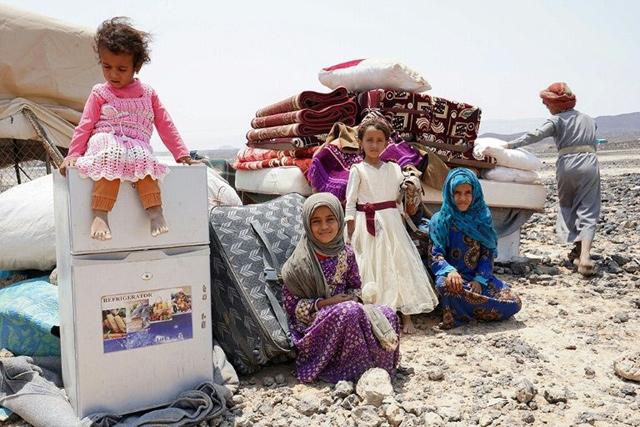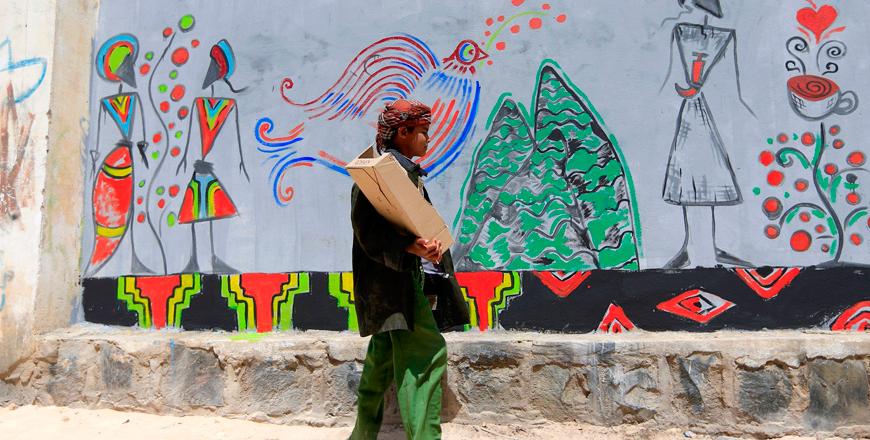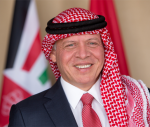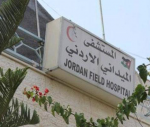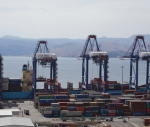You are here
Last stand in Yemen as battle for oil-rich province rages
By AFP - Sep 26,2020 - Last updated at Sep 26,2020
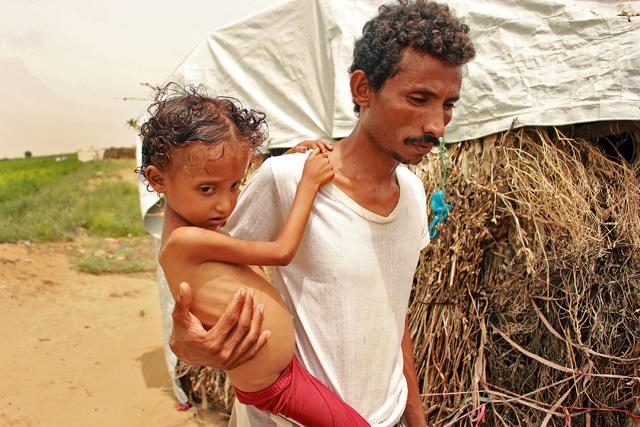
Eight-year-old displaced Yemeni girl, Samar Ali Ahmed, weighing nine-and-a-half kilogrammes and suffering from acute malnutrition, is photographed in Hajjah Governorate, in northern Yemen, on Wednesday (AFP photo)
MARIB, Yemen — Hadi Ahmed wearily sets up a tent in Yemen's Marib province, after fleeing fighting, yet, again in the government's last northern stronghold which is under intense pressure from Houthi rebels.
The Iran-backed fighters have long held the capital Sanaa which lies just 120 kilometres away and are mounting a fierce campaign to take the oil-rich province.
If they are successful, it would spell disaster for the government and also for the hundreds of thousands of displaced people sheltering in desolate camps who would have to run for their lives once again.
Battles between the two sides have intensified in recent weeks and now threaten the camps, including Suweida north of Marib city where Hadi, his wife and their seven children arrived in August.
They share a plot of land just one square kilometre with 700 other families, and have tried to make their metal-framed tent a home as best they can, setting up a fridge that they hope to connect to a generator.
"Until this moment, we have fled five times," the 46-year-old told AFP as his children sat close to their meagre belongings while he fixed up their latest dwelling.
"We arrived at this camp where there are no basic necessities for survival."
Hadi said they were forced to flee their home in Nihm, north of Sanaa, as the conflict approached.
"Every time we fled... I tried to reassure them that we're going to settle down," he said. "We leave a lot behind every time because we are unable to carry our things."
Once a sanctuary
Until early 2020, Marib city was spared the worst of the conflict, due to its strategic importance with its rich oil and gas reserves, and also because of its location near the border of regional power Saudi Arabia.
It became a sanctuary for many in the early years of the five-year war, taking in those hoping for a new start, but that relative stability is gone and residents are in the line of fire as the two sides battle for control.
Among those who fled to the city were doctors and wealthy businessmen, and soon after their arrival prices of real estate jumped.
Business began to flourish as restaurants and other projects opened, until the fighting that erupted this year threatened all that had been established and put it at risk of falling into Huthi hands.
Government military sources say the Huthis are inching closer to the city and tightening the noose from three sides as well as sending hundreds of fighters into battle.
Maged Al Madhaji, of the Sanaa Centre for Strategic Studies, said the conflict “constitutes the highest rate of fighting in Yemen in terms of number of battles”.
What is happening now is a “war of attrition”, he said.
As in other parts of the war-torn country, where tens of thousands of people have been killed and some 3.3 million people displaced, it is the civilians paying the highest price.
If Marib falls, it would come at a time when the UN has been forced to slash its programmes in Yemen due to a funding drought as the coronavirus slowdown hits donor nations.
“If the worst happens and they are forced to flee, we would do everything possible to help them but it would be a struggle,” said Lise Grande, the UN’s humanitarian coordinator for Yemen.
“We don’t have enough capacity on the ground and we don’t have enough funding.”
‘Tired of life’
The number of internally displaced people in Marib is not clear. It is difficult to count people staying with host communities and relatives, and some people have fled to desert areas out of reach of humanitarian agencies.
With 140 camps currently operating, some sources put the number of displaced at one million, and before the latest troubles the United Nations estimated there were some 750,000.
“Nearly 80 per cent of new arrivals over the past month have nowhere to go and have had to settle in already extremely crowded displacement camps,” International Organisation for Migration spokeswoman Olivia Headon told AFP.
“This is a major concern as hygiene and physical distancing are key to combatting COVID-19.”
Hadi’s son has married and soon the newlyweds will share their tent with the child they are expecting.
“I take the situation in stride because of my faith in God, but the morale of my wife and children are low. They are tired of life,” he said.
“In case we flee again, it will truly be a disaster. Where will we go?”
Related Articles
MARIB, Yemen — Hadi Ahmed wearily sets up a tent in Yemen's Marib province, after fleeing fighting yet again in the government's last northe
DUBAI — The UN's humanitarian chief said Tuesday he was "very alarmed" by a Houthi rebel advance on the Yemeni government's last northern st
DUBAI — More than 2,000 families have been displaced after heavy fighting in northern Yemen, the United Nations said Tuesday, after the Hout


